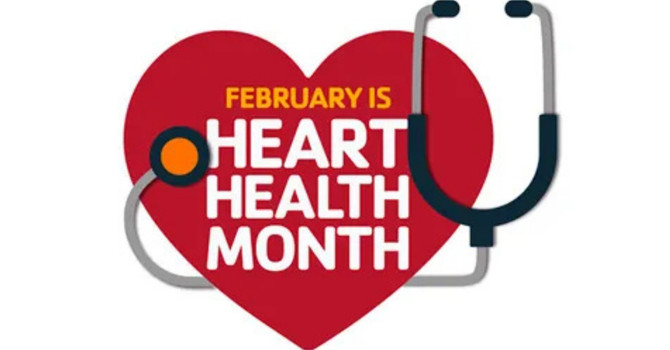
One of the most useful tools I’ve found for managing stress and thinking more clearly is meditation. Most of us are familiar with the concept, but rarely practice as it seems too woo-woo or complicated to implement. It's not. And please don’t say you don’t have enough time, or we can look at your screen time report on your phone/tablet and figure out a few places to shave off 5 minutes.
I try to build in 5-10 minute sessions at least once in my day - typically in the lunch break, after my workout, before going back to work for the afternoon. I lie down on the floor, set a timer for 5-10 minutes, and focus on slowing my breathing. That’s it - no transcendental experiences or escaping into a parallel dimension - just trying to breathe in slowly, hold, exhale slowly, hold, and repeat. Your mind will inevitably wander. That’s normal. Focus on your breathing and bring it back.
Here's how diaphragmatic breathing is typically done:
- Find a comfortable position: Sit or lie down in a comfortable position. You can do this exercise either with your eyes open or closed. I like lying down on my belly - that way when I breathe in/out I can feel the pressure building against the floor in my belly. Do what feels comfortable for you.
- Place your hand on your abdomen: Put one hand on your chest and the other on your abdomen, just below the ribcage. Lying down, the floor is my feedback point for my chest/abdomen.
- Inhale slowly through your nose: Breathe in deeply through your nose. As you inhale, focus on allowing your abdomen to expand. The hand on your chest should remain relatively still, while the hand on your abdomen should rise.
- Exhale slowly through your mouth: Exhale slowly and completely through your mouth or nose. Focus on emptying your lungs and allowing your abdomen to fall.
- Repeat: Continue inhaling through your nose and exhaling through your mouth. Try to make your breaths slow, deep, and rhythmic.
By engaging the diaphragm, diaphragmatic breathing helps to increase the efficiency of your breath, allowing for more oxygen to enter your lungs and promoting a more relaxed state. This type of breathing is often recommended for managing stress and anxiety because it activates the body's relaxation response, counteracting the "fight or flight" response associated with stress.
Benefits of meditation:
- Stress Reduction: Meditation is well-known for its ability to reduce stress by promoting relaxation and calming the mind. Regular practice can lower levels of the stress hormone cortisol.
- Improved Concentration and Focus: Meditation helps train the mind to stay present and focused, which can enhance cognitive skills such as concentration and attention.
- Enhanced Emotional Well-being: Regular meditation is linked to improved emotional well-being, including increased feelings of happiness and decreased symptoms of anxiety and depression.
- Better Sleep: Meditation can promote better sleep by helping to relax the mind and body, making it easier to fall asleep and improving the quality of sleep.
- Mindfulness and Awareness: Meditation cultivates mindfulness, which involves being fully present in the moment without judgment. This heightened awareness can lead to a greater understanding of one's thoughts and emotions.
- Increased Self-Awareness: Meditation encourages self-reflection and introspection, fostering a greater understanding of oneself and one's behaviors, leading to personal growth.
- Lower Blood Pressure: Some studies suggest that regular meditation may contribute to lower blood pressure, which is beneficial for cardiovascular health.
- Pain Management: Meditation has been found to be effective in managing chronic pain by changing the perception of pain and increasing tolerance.
- Boosted Immune System: There is some evidence to suggest that meditation may positively impact the immune system, leading to better overall health.
- Enhanced Creativity: Meditation has been associated with increased creativity and problem-solving skills, possibly due to the relaxed and open state of mind it fosters.
- Improved Relationships: By promoting empathy and compassion, meditation can improve communication and foster healthier relationships with others.
- Reduced Anxiety: Meditation can help alleviate symptoms of anxiety by promoting a sense of calmness and relaxation.



